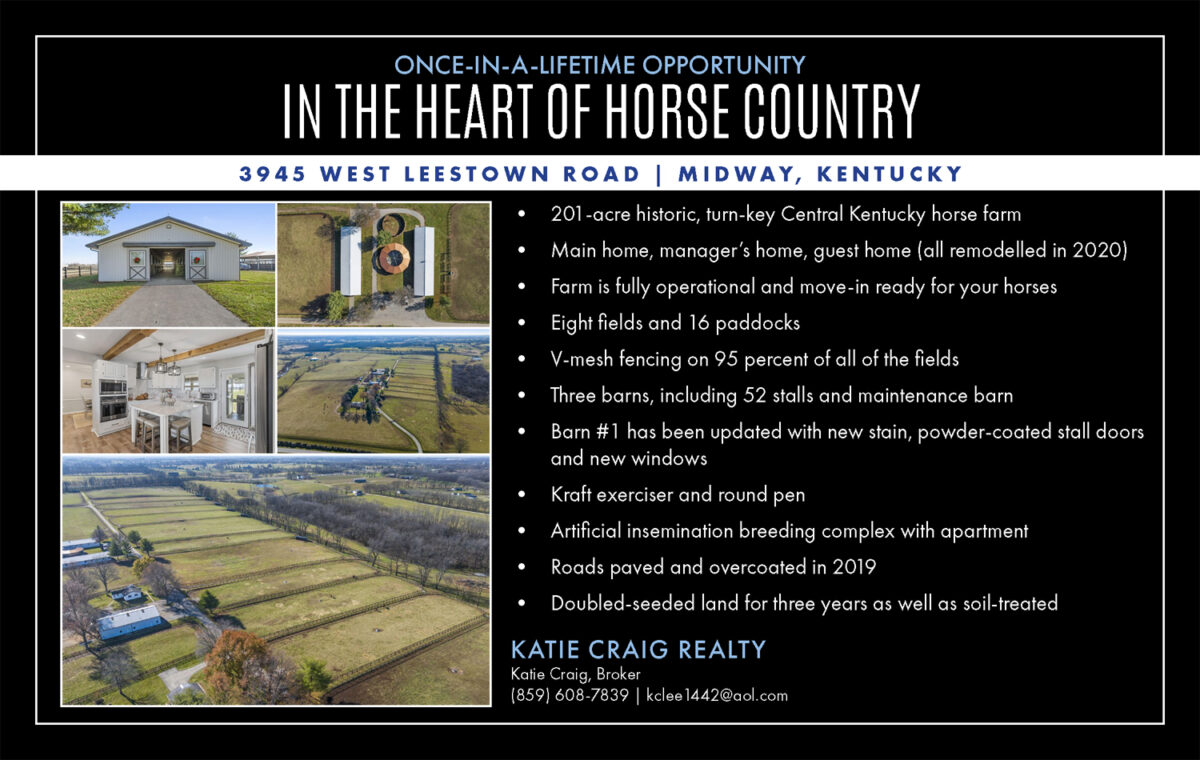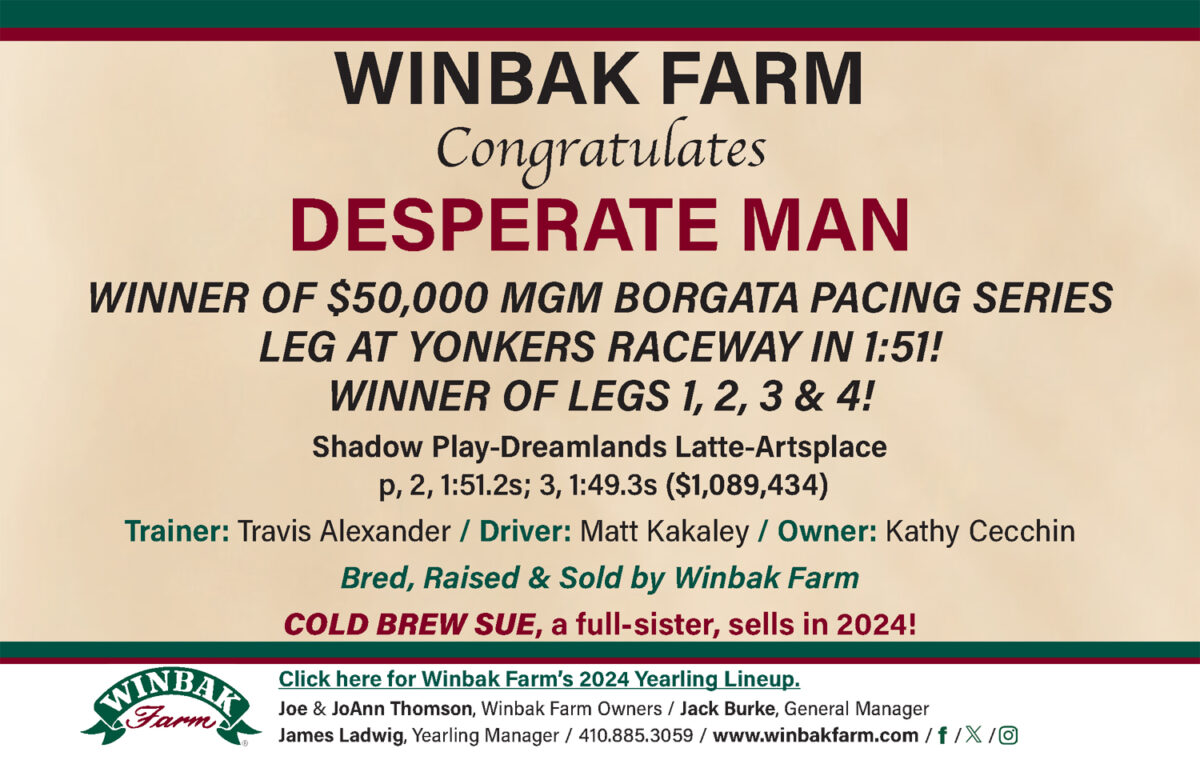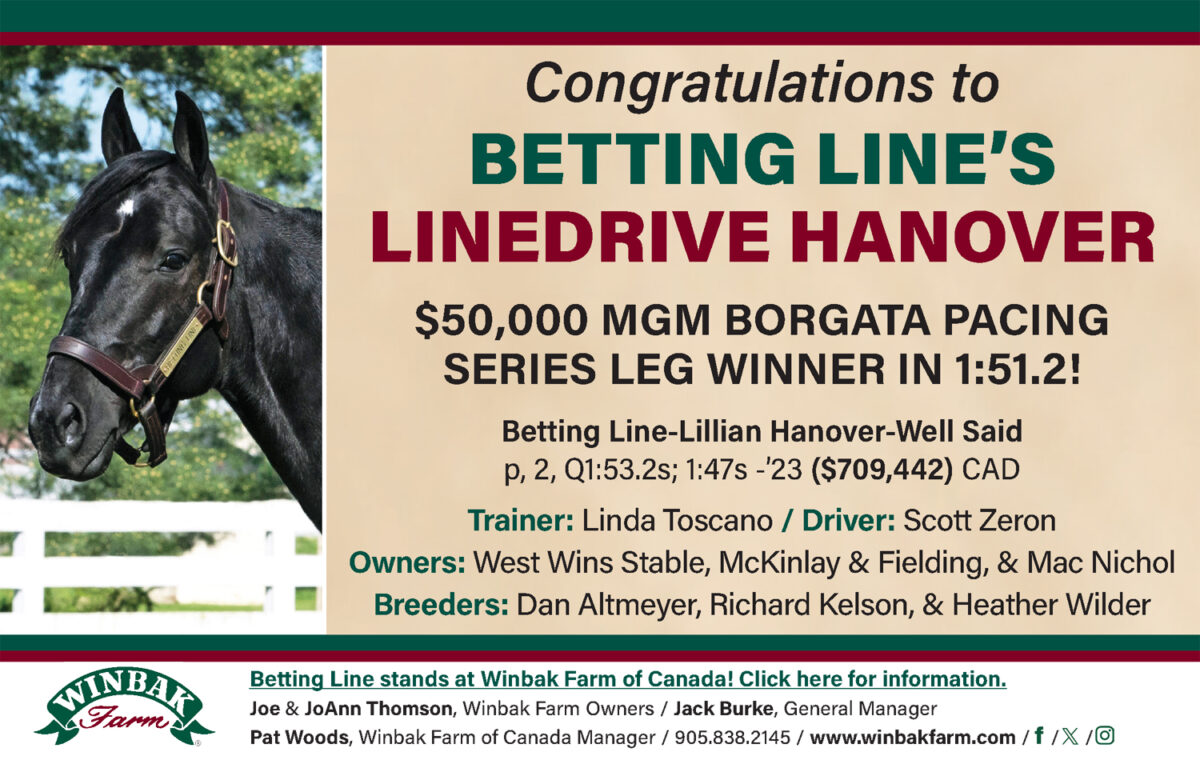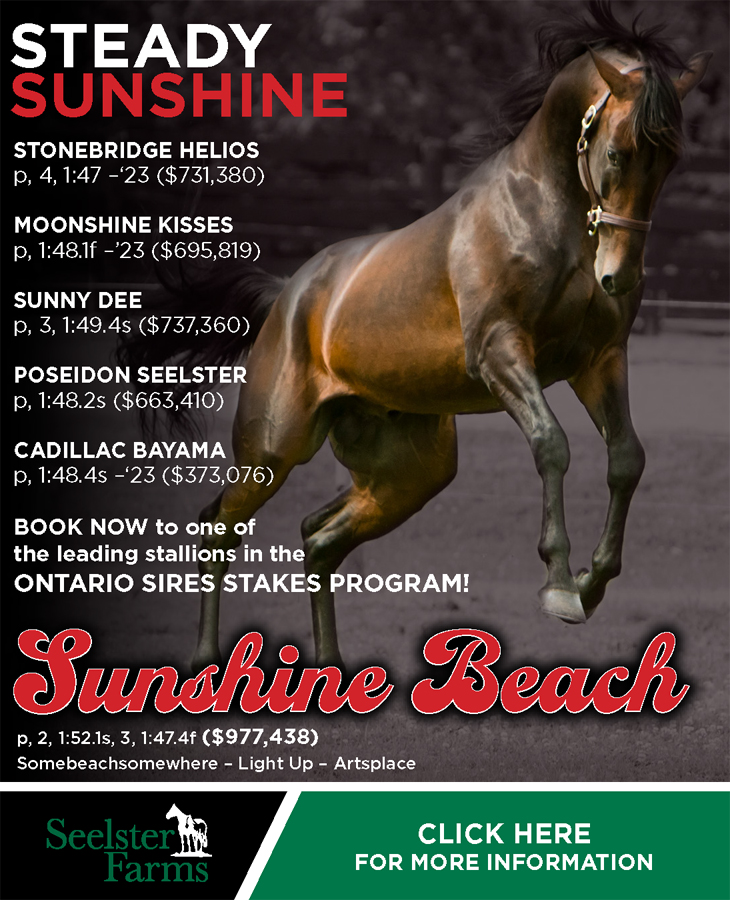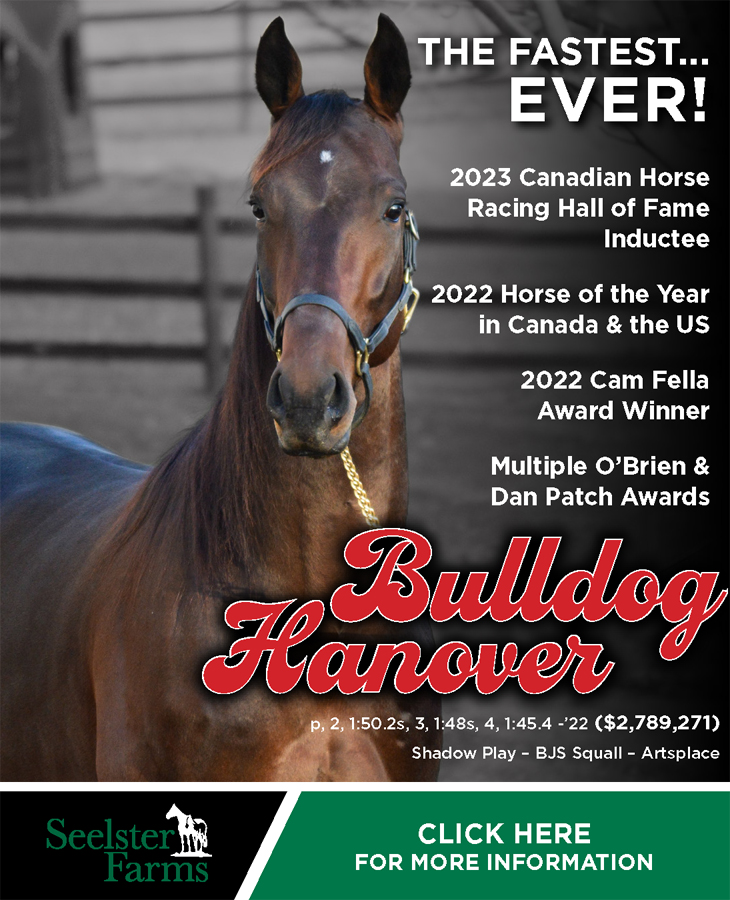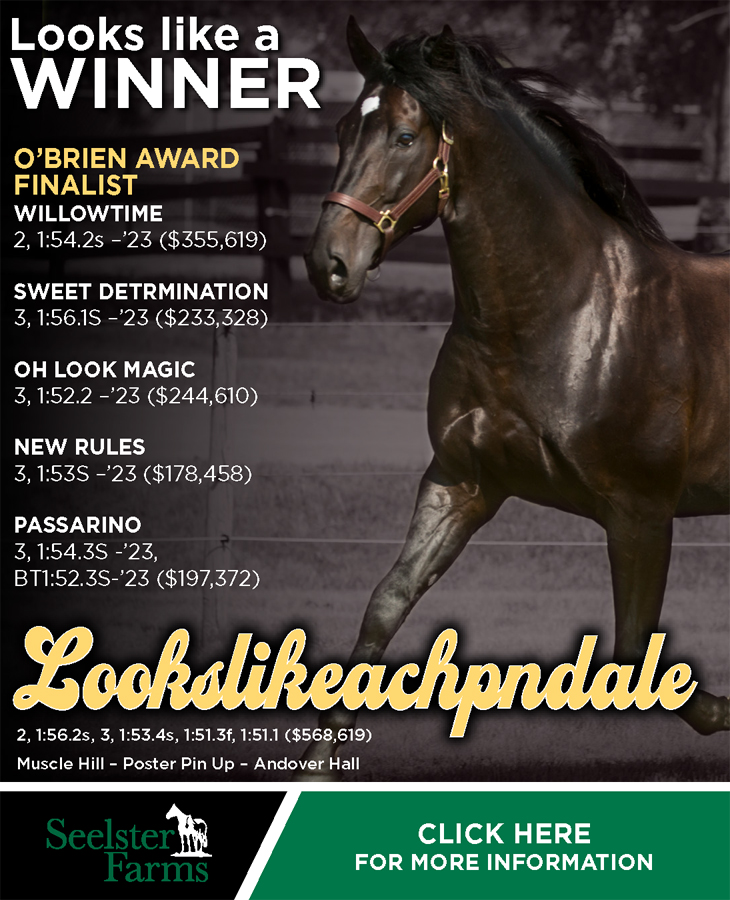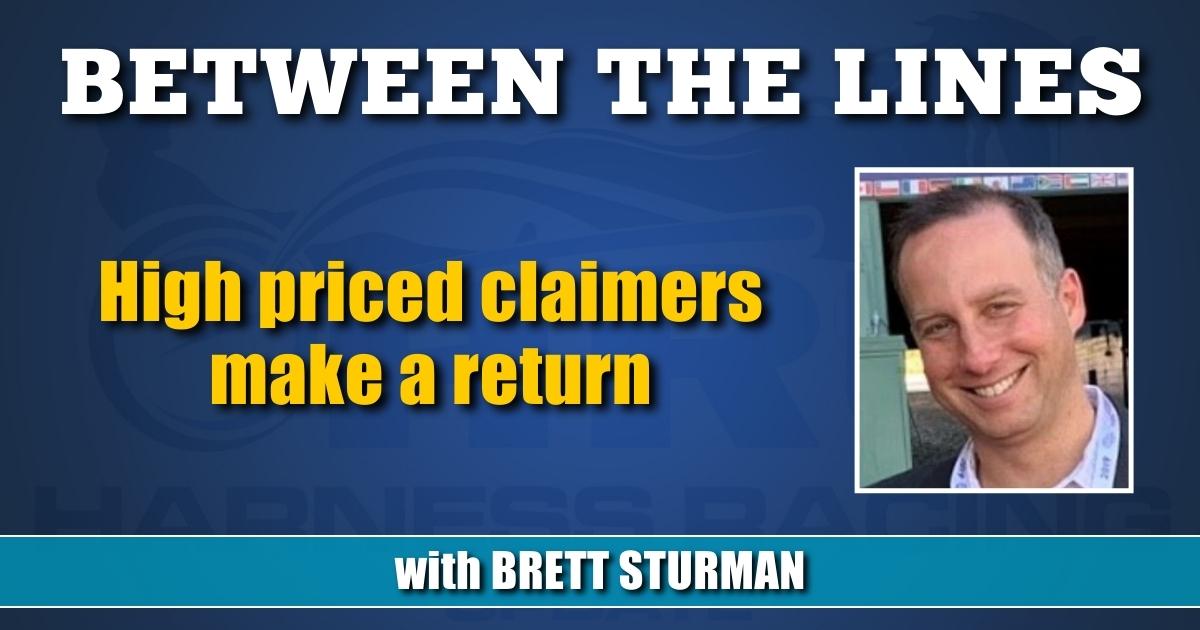

High priced claimers make a return
Clearly, there is a need for these races in the condition books at Yonkers and The Meadowlands.
by Brett Sturman
Since September, Yonkers and the Meadowlands have routinely carded higher level claiming races, including races with six-figure claiming prices offered weekly at the former. There is clearly a need in the condition books that these races are solving.
Until recently, options were limited for horses of value over the $25,000 or so, which seems to be the highest claiming price found consistently across most other tracks. Horses valued above this amount often must race in conditioned or optional-claim races driven by recent earnings, at which point they are often at odds with superior horses arriving on sharp drops for reasons other than necessarily just form.
As has been the case in recent weeks, this past Monday at Yonkers held claiming races for prices of $30,000, $40,000, $50,000, a pair of $75,000’s, and a $100,000 claiming event. The Meadowlands ran $100,000 claiming races every week in September. Whether or not some of the horses have a fair market value of their $100,000 claiming price (though the same which could be said for any claiming level), these races often bring together evenly matched fields that’s produced some compelling racing.
Monday’s (Nov. 1) $100,000 event at Yonkers was won by Walkinshaw N at odds of 11-1. It was his second start for the claiming price and had been racing in recent weeks in mid-to-upper-level conditioned races. Two weeks ago, the race was won by a 20-cents-on-the-dollar barn change to Gareth Dowse from the rail, but three races ago, the $100,000 claiming race produced first and second finishers of odds at 14-1 and 12-1, good for a $368 exacta. In addition to all standard handicapping considerations, it’s now also a matter of why and intent with horses being offered for a six-figure tag.
Back when $100,000 to $200,000 claiming prices were a common occurrence at the Meadowlands 20 years ago, a lot of horses for those prices were claimed, unlike today in which claiming at the high-end prices are rare. Could these horses in for $100,000 beat the likes of expensive claimers such as Nianimble, Bad Bert, Motor City Smitty and so forth from the turn of the century? The point isn’t how these claimers stack up to those, but rather the purpose these claimers today are serving.
Let’s go back to Sept. 25, the most recent $100,000 – $150,000 claiming handicap at the Meadowlands. The winner of this race – which was his third in a row while in for the $110,000 tag – was Vettel N. Prior to his race against (albeit high level) claimers, he was third at the Meadowlands on Sept. 4 in a race won by Ruthless Hanover. For those not familiar, Ruthless Hanover raced last Saturday (Oct. 30) in the Breeders Crown, won in 1:47.2 this year and has battled it out much of the year with the sport’s best free-for-all pacers. It’s tough running into him in a non-winners of $17,500 conditioned race. It’s not a coincidence either that Vettel N won three in a row in that condition, he was one of the only horses in those races that probably is worth at least $100,000. On the other hand, horses that did seem to be worth $100,000 such as stakes horses from last year, lost. It’s all part of the puzzle.
At Yonkers, many horses have used the $100,000 claiming race to take refuge from having to race in the preferred, open, or non-winners and winner-over $30,000 races. It’s been fascinating to handicap these races.
In Monday’s (Nov. 1) race, the favorite was Whitecookie, who came into Yonkers a week ago after racing prior in the opens at Northfield. With mixed results in those opens that went for $20,500, he was able to win for a $50,000 tag at Yonkers which carried a purpose of $36,000. Not only did he go from conditioned to claimers, but he won for nearly twice the purse. Also in the race was Franco Totem N who was making his third start for $100,000 and four back was in a $42,000 preferred. The $1.8 million dollar career earner Western Fame was a contender in the race, and he made his first start for DiDomenico off the $100,000 claim from Daniel Renaud; the only six-figure claim since these races began. In the end, the race was won by an outsider, Walkinshaw N, who hadn’t won since at least June for any condition higher than non-winners $10,000.
Walkinshaw N could be an example of a horse where I’m not sure if the connections even thought he was worth $100,000 but figured it might be worth racing against other horses in for a claim – whether worth $100,000 or not – rather than continuing to race in the conditioned races. Sure, you still must deal with quality animals, but you’re guaranteed to not run into a killer dropping out of a free-for-all race somewhere.
In entering a horse for $100,000, it’s not likely for the horse to be claimed if for no other reason than the purse structure. The race goes for a purse of $36,000, which is a relatively small winner’s share of the purse when compared to the claiming price. Conversely, a $30,000 claimer goes for $28,000, almost 100 per cent of the claiming price. The higher the claiming price, the higher the disparity between claiming price to purse. With that, trainers can enter their horses freely for $100,000 and face a full field of horses entered for like-minded reasons.
Overall, the high-end claiming races are a welcome change of pace. It brings together horses that wouldn’t normally be in the same type of race and makes things more difficult to figure out, as well as producing competitive racing. These conditions should continue at tracks that currently offer them, and variations of them should expand to ones that don’t.






